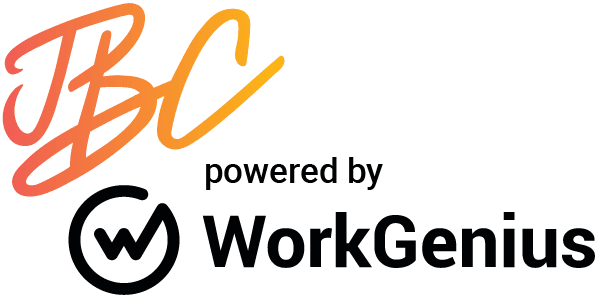
Recently, our CEO Bryan Zaslow had the opportunity to speak to freshmen in an Industry Exploration class at LIM College in New York City. Entering the job market can be daunting for new graduates so we were happy to offer some fashion industry insight and insider tips.
For any job applicant, at any level, it all starts with the résumé. For the recently graduated, creating a résumé is a unique challenge because of the lack of work history and experience. Completing your education is the first step, but certainly not the last.
We asked our recruiters for some real-world advice in regards to what companies are looking for – or expecting – on an entry level résumé. Consider these tips as you set out to craft the words on that document meant to remain in the hands of a hiring manager versus being tossed into the “no” or “unqualified” pile.
The Obvious:
- Objective – Not Necessary
- Internship(s) – Listed
- College Education – Required
- Computer/Software Skills – Indicated
- Relevant Affiliations – Noted
For Creatives Only:
Give that entry-level résumé some CHARACTER! Do not send a vanilla résumé with Times New Roman font. Boooooring. Send over something that is dynamic in terms of spacing, font, and texture. Give it some spice.
This bit of advice targets creative applicants, but there is a thin line between too much and not enough. Research the company to gain an understanding of their corporate culture. This will help gauge how far you can go to showcase your creativity while portraying professionalism.
CEO Insight:
We live in a digital era and there is nothing worse than an entry level candidate who believes it is acceptable to exaggerate on a résumé or LinkedIn profile in regards to work dates – or worse, lying about the actual tasks they’ve performed. Honesty goes a great distance and any intelligent interviewer is looking for honesty and exposure, not for an intern who can – or thinks they can – assume the responsibilities of a role in which they are not yet qualified.
Lying is never a good idea for a candidate at any level. As a college student, take advantage of opportunities to intern at companies that align with your career path. More than one internship is recommended so there will be no reason to feel like you have to embellish your experience. Also, as stated above, a wealth of knowledge exists online and the worst thing that can happen during an interview is getting caught in a lie. Hiring managers are researching you – online and offline.
Tried and True:
Check for spelling and grammar errors. The spell check tool in Word is not enough and should not be used as a guarantee that you’ve just sent out a perfectly edited document. Proofread multiple times and have others proofread it for you, too.
One page is the limit. No exceptions. If filling up a page presents a challenge, do not use a large font to take up more space.
From the Veteran:
Your high school jobs are irrelevant. If you worked or had internships while in college and post-college, cut down the most irrelevant or oldest roles. Always include start and end dates clearly on the right hand side of the page.
For the Active Types:
One thing companies want to know is that the person applying has a connection to their brand. So it’s critical that the résumé have an ‘Interests’ section. We like to see that a candidate actually uses the apparel/footwear/gear produced by an Active Lifestyle company. If you hike, bike, surf, snowboard, ski, climb, SUP, fish, camp, run, practice yoga or Pilates, list these extracurricular activities on your résumé.

